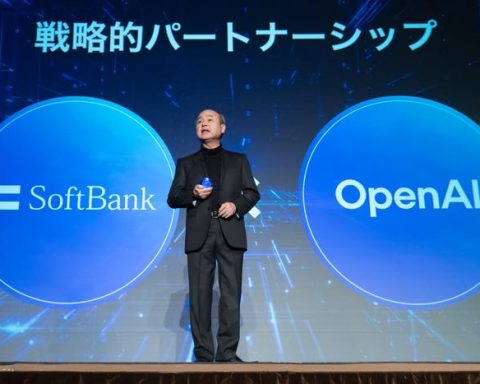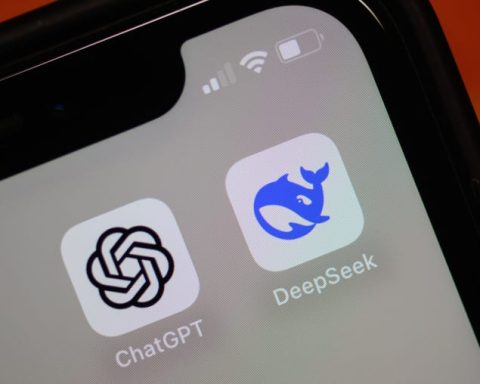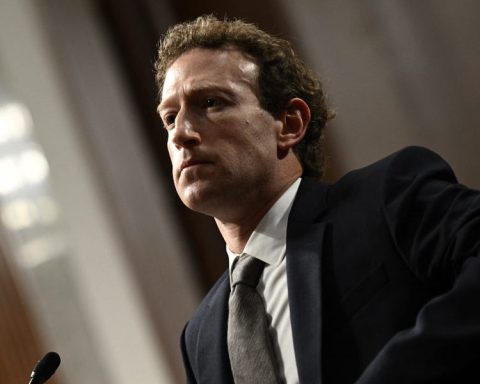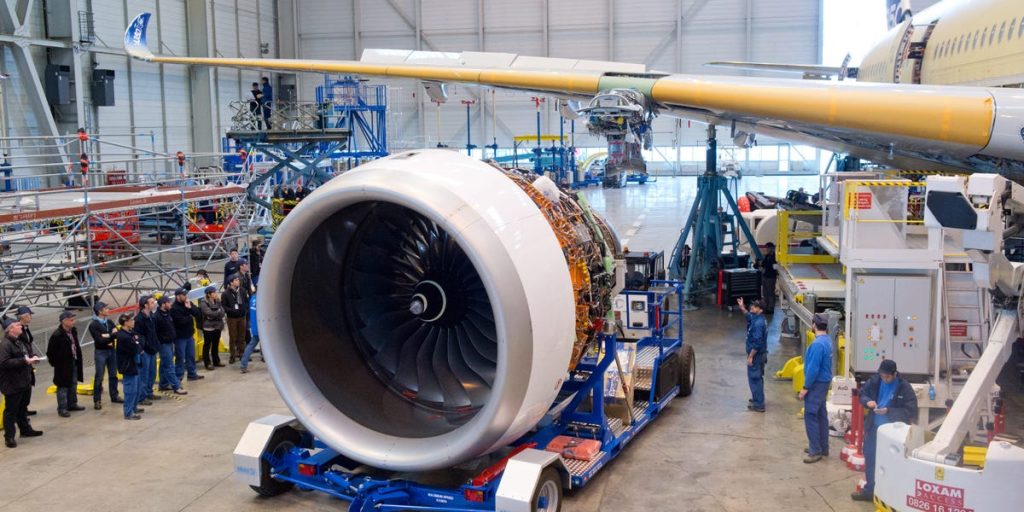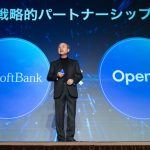Advancements in artificial intelligence may exacerbate wealth disparities, leading to increasing advocacy for a universal basic income (UBI). UBI entails providing ongoing cash payments to all adults within a specific population, irrespective of their financial situation or employment status. Prominent figures in the AI sector, including Elon Musk and Sam Altman, have voiced support for the idea of implementing a universal basic income.
Once considered a visionary concept, universal basic income has emerged as a pressing issue in discussions among AI leaders. This financial model guarantees a regular cash allowance for all adults, allowing them to utilize the funds without any restrictions. As the impact of AI technology continues to drive economic innovation, there is growing apprehension regarding the equitable distribution of wealth generated from these advancements.
Noteworthy industry figures, such as OpenAI CEO Sam Altman and AI pioneer Geoffrey Hinton, have expressed concerns about the job displacement that AI could cause, potentially deepening the divide between affluent individuals and those facing economic hardship. These tech leaders advocate for UBI as a potential remedy for these issues.
In recent years, the notion of introducing universal basic income in various countries has gained momentum, transitioning from a topic mainly discussed in tech circles to a broader public dialogue. This shift has been influenced by former presidential candidate Andrew Yang, who prominently featured UBI in his 2020 campaign, dubbing it the “Freedom Dividend.” Yang proposed a monthly payment of $1,000 to all American adults, without conditions. His idea faced skepticism, and his campaign did not succeed. However, the popularity of stimulus checks during the pandemic and the advancement of AI have revived interest in UBI.
While guaranteed basic income (GBI), which focuses on specific populations for designated periods, has been tested over a hundred times throughout the country, the U.S. currently operates basic income initiatives in 16 states and Washington, D.C., allowing residents to receive cash payments with no attached conditions. Despite its growing acceptance, the movement toward basic income faces criticism. Detractors argue that such programs may discourage recipients from seeking employment or lead to frivolous spending. Others warn that the financial burden of these programs could result in increased taxes or cuts to local government budgets.
For now, AI proponents maintain that UBI is a viable solution to counter the potential negative economic effects driven by technological advancements. Below are insights from some leading figures in the AI community regarding universal basic income.
Sam Altman
Geoffrey Hinton, often referred to as AI’s “godfather,” has raised alarms about the threat of job losses due to AI and recommends that governments investigate the feasibility of universal basic income as a mitigating measure.
Noah Berger/Associated Press
Hinton has shared his apprehensions regarding the implications of AI on employment, advising governments, particularly in the UK, to consider adopting universal basic income as a countermeasure.

